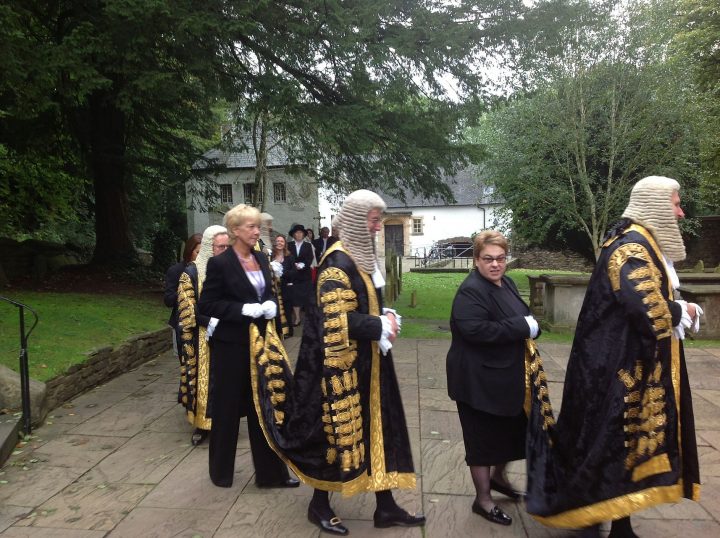The UK Supreme Court 11 justices have delivered a unanimous and damning judgement on Boris Johnson’s decision to prorogue Parliament for five weeks, according to him in order to prepare the next Queen’s speech (something the judges say it only takes five or six days) but in actual fact in order to avoid scrutiny by Parliament of his plans for Brexit.
In spite of his statements that he expects to get a deal before October 31st, that progress is being made with the EU (dismissed by all the leaders and negotiators as pure fantasy) there is a clear risk that he may be enacting the Hard Brexiteers preferred option: no deal, and forming a much closer trade partnership with the US, including the deregulation in food and environmental standards, increased privatisations, chlorinated chicken, cattle full of hormones and antibiotics that bacteria develop resistance to (not an exclusive American problem, but compounded by neoliberal deregulation), increased medicines prices (e.g., many diabetic people without health insurance cannot afford insulin in the US as drug companies are free to hike prices at will) and so on.
This in turn would spell disaster for most UK industries and farms as they depend on trade with the EU, not to mention the huge, days or even weeks long queues of lorries at the main ports leading to Europe as processing their goods on WTO rules would take tremendous amounts of time without the customs union leading to shortages of goods, food and even medicines in the UK.
Not surprisingly avoiding scrutiny by Parliament was considered to be the PM’s main motivation to send the MPs home and lying to the Queen when she was asked to rubber stamp his decision to do so.
Here are some words from the judgement:
“The Court is bound to conclude, therefore, that the decision to advise Her Majesty to prorogue Parliament was unlawful because it had the effect of frustrating or preventing the ability of Parliament to carry out its constitutional functions without reasonable justification.
“The next and final question, therefore, is what the legal effect of that finding is and therefore what remedies the Court should grant. The Court can certainly declare that the advice was unlawful. The Inner House went further and declared that any prorogation resulting from it was null and of no effect. The Government argues that the Inner House could not do that because the prorogation was a “proceeding in Parliament” which, under the Bill of Rights of 1688 cannot be impugned or questioned in any court. But it is quite clear that the prorogation is not a proceeding in Parliament. It takes place in the House of Lords chamber in the presence of members of both Houses, but it is not their decision. It is something which has been imposed upon them from outside. It is not something on which members can speak or vote. It is not the core or essential business of Parliament which the Bill of Rights protects. Quite the reverse: it brings that core or essential business to an end.
“This Court has already concluded that the Prime Minister’s advice to Her Majesty was unlawful, void and of no effect. This means that the Order in Council to which it led was also unlawful, void and of no effect and should be quashed. This means that when the Royal Commissioners walked into the House of Lords it was as if they walked in with a blank sheet of paper. The prorogation was also void and of no effect. Parliament has not been prorogued. This is the unanimous judgment of all 11 Justices.”
Boris Johnson had already stated that if Parliament in reconvened he may decide to prorogue it again. His disregard for even the most basic or even imperfect and purely formal kind of Democracy cannot be denied by anyone, and yet, sadly, terrifyingly, he is ahead in the polls for the general election that will take place soon. This is the great danger of populism, it excites people’s worst fears bypassing critical thinking, compassion and coherence, and delivers jingoism and intolerance.
Would the Queen, in case he makes good his threat of dismissing Parliament again and in view of the opinion of the highest legal instance of the land, sign the Royal assent?
We are living in interesting times…










